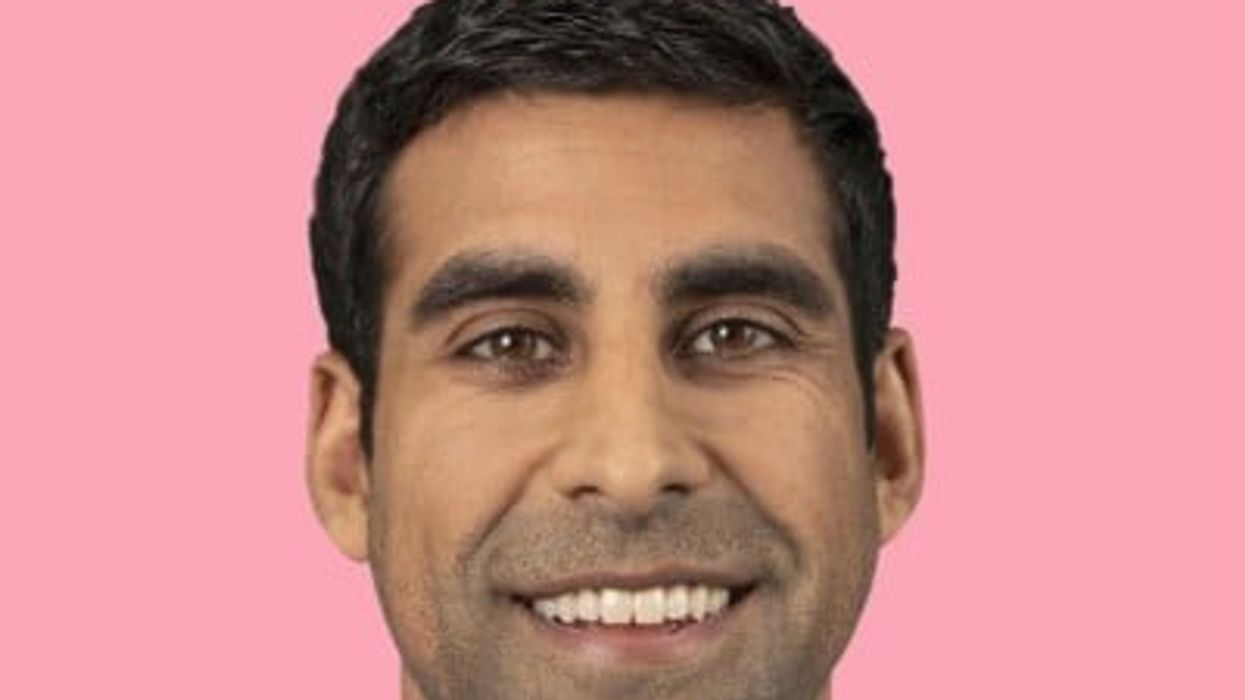THE average person in Britain buys 22 greeting cards annually, proving the market is far from outdated, Moonpig chief executive Nickyl Raithatha told the Times in an interview.
The online card retailer has seen strong customer loyalty, with Raithatha revealing that customers who stay for a second year "basically never leave."
The company reported robust financial results, with sales up 7 per cent to £341 million and profit before tax rising 5 per cent to £58.2 million.
Speaking at a restaurant near the company's Farringdon offices in central London, Raithatha outlined plans to expand the business beyond individual consumers to target schools and businesses as bulk buyers. He identified artificial intelligence as a key growth driver, saying companies that "get ahead of it" can deliver "a transformational experience for the customer."
The chief executive, who meets weekly with chair Kate Swann, the former WH Smith boss, has overseen steady growth since taking the helm in 2018. While the company's share price has fallen 46 per cent since its January 2021 IPO, it has stabilised above 200p in the past six months.
Raithatha brings a unique perspective to the role, having been born to Asian Ugandan refugees who fled to Britain in 1972 during Idi Amin's regime. His parents arrived with just a suitcase of clothes, having been forced to leave everything behind. His father later opened a successful pharmacy, where young Raithatha began helping from age eight.
After earning an economics degree from Cambridge University, he shocked his "cautious" parents by taking a gap year to go backpacking. He later completed an MBA at Harvard Business School during the financial crisis, which sparked his interest in running his own business.
His career path included stints at Goldman Sachs and various entrepreneurial ventures, including founding online fashion brand Finery London in 2014, which he later sold to Dragons' Den investor Touker Suleyman.
He was also thrown into the "very, very deep end" several times, including being sent to India to sell portable incubators and an unexpected role as acting CEO in Australia with minimal e-commerce experience.
Now, Raithatha is leading Moonpig's ambitious expansion into the US market. The company gained unexpected momentum when it was dubbed a "British life hack" on US social media last June, bringing in 10,000 new customers in just one month. The company is specifically targeting what Raithatha calls "the Midwest millennial mum" - parents juggling care for both children and older relatives.
Under his leadership, Moonpig has evolved from what he called "an underappreciated asset" within the Photobox Group to a standalone success story. The business is now focusing on technological innovation, particularly in artificial intelligence, which Raithatha believes could provide a significant competitive advantage.
"We need to be on top of that," he said, discussing AI developments. "Trends like this come along where if you can get ahead of it, you can deliver such a transformational experience for the customer or a way of working internally. Either of those is going to give you a competitive advantage, which means you have a clear run."
The business has established itself as one of Britain's leading digital greeting card platforms, with plans to further strengthen its position through technological innovation and geographical expansion, he further said.





